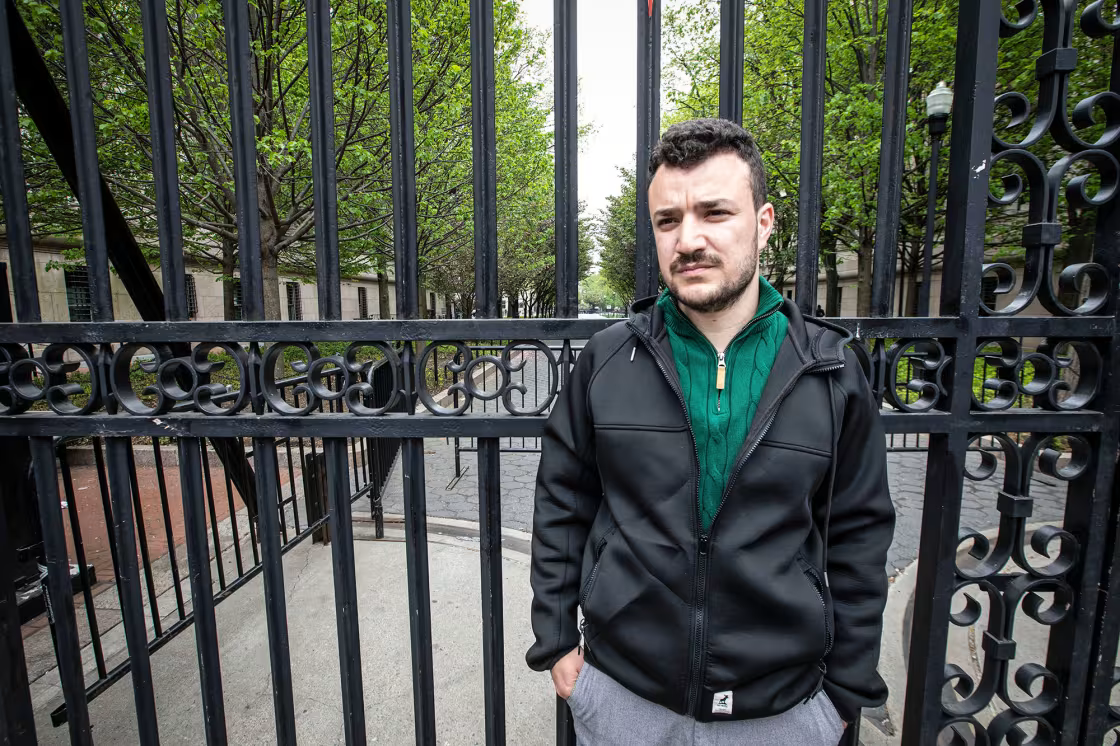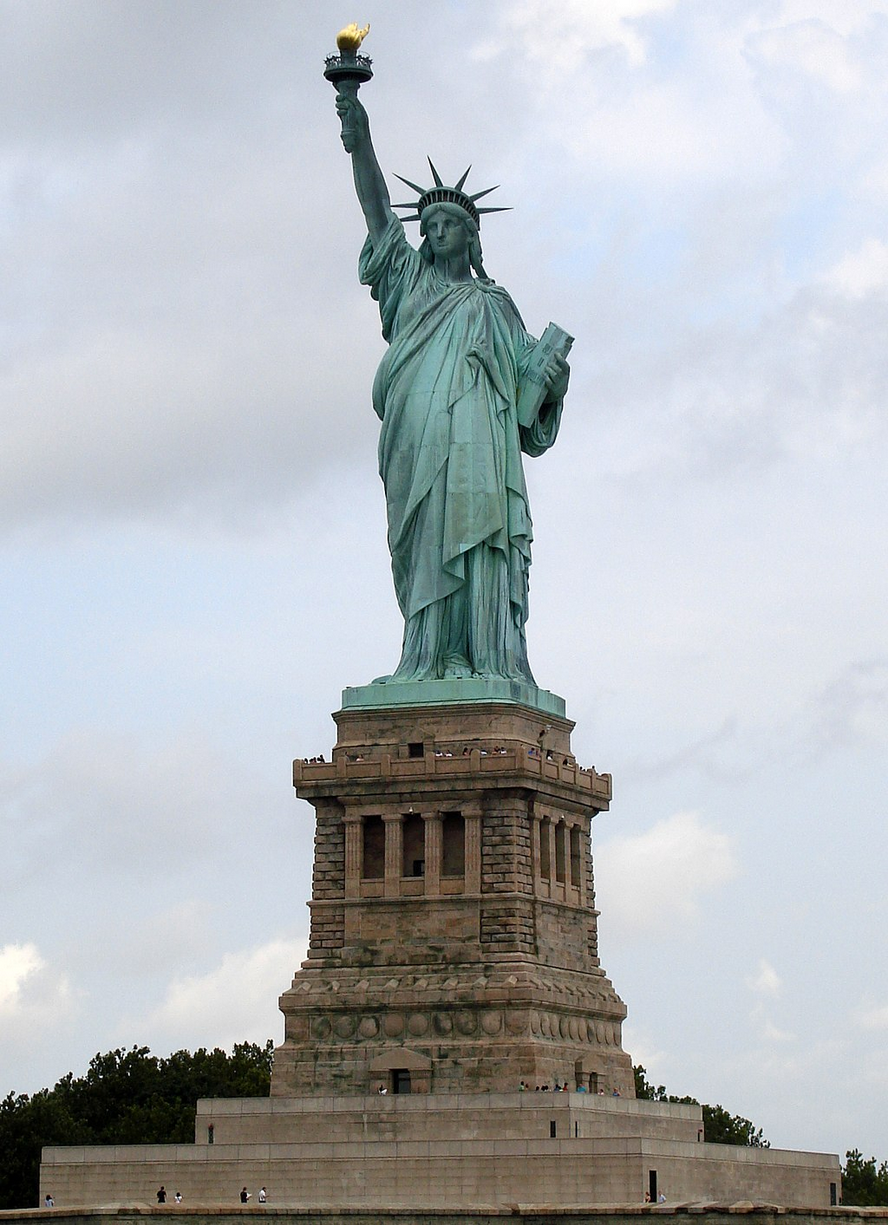Where law ends, tyranny begins.

Genocide and authoritarianism do not erupt overnight—they begin with “small” acts of injustice that are rationalized as necessary or exceptional. As a military veteran who has witnessed the horrors of genocide and the machinery of authoritarian regimes firsthand, I extremely concerned by the Trump administration’s deportation of Mahmoud Khalil, a legal permanent resident and Columbia University graduate, for nothing more than his political speech and activism. Khalil has not broken any law; he is being targeted under a rarely used provision of the Immigration and Nationality Act of 1952, which grants the Secretary of State sweeping, unilateral power to deport non-citizens if their presence is deemed a foreign policy risk—even when no crime has been committed. This is not justice; it is the calculated erosion of the very freedoms that define America.
The 1952 law, known as the McCarran–Walter Act, was born in an era of Cold War paranoia and McCarthyist repression, designed to exclude “undesirables” and silence dissent. While Congress later amended the law to ensure it would be used “sparingly” and only in the most extraordinary circumstances—such as when a foreign national’s presence would directly endanger American lives or violate a treaty—Trump’s administration is now wielding it as a blunt instrument against peaceful protestors and critics of U.S. foreign policy. In Khalil’s case, the government presented no evidence of criminal wrongdoing, relying instead on vague assertions that his activism “undermined U.S. policy to combat anti-Semitism” and posed “potentially serious foreign policy consequences”. The immigration judge herself admitted she lacked the authority to question the Secretary of State’s determination, underscoring the unchecked, authoritarian nature of this process.
This is fundamentally un-American. The United States was founded on the principles of due process, free speech, and the right to dissent. When the executive branch ignores court orders, strips away due process, and punishes lawful residents for their beliefs, it sets a precedent that endangers us all. Today it is Mahmoud Khalil; tomorrow it could be anyone who dares to speak out. History teaches us that the path to atrocity is paved with the normalization of such abuses. We must not tolerate this descent into authoritarianism. If we allow these “small” injustices to stand, we invite the darkness of repression and the specter of state violence to take root in our own society.

